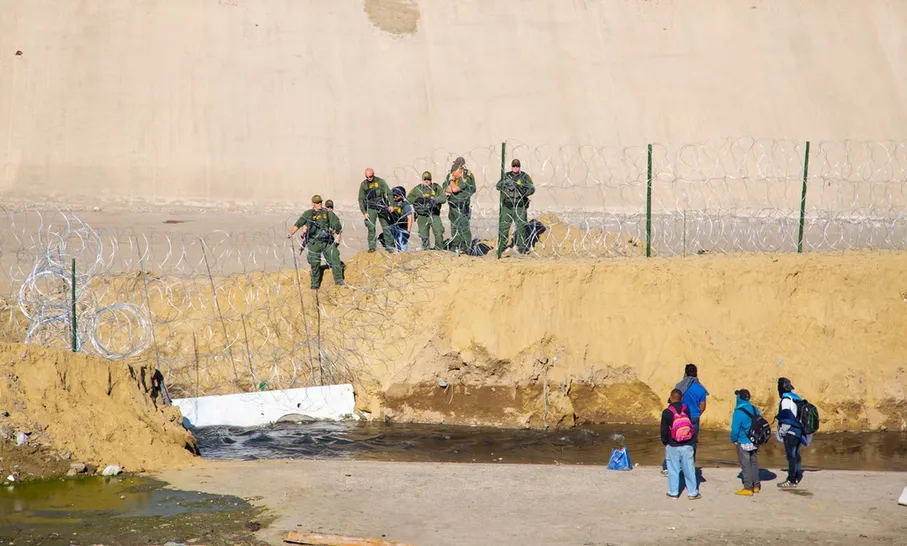We often see headlines like “30 killed in bombing, including women and children.” As a world, we’ve become so used to this saying – specifically the “including women and children” part, that we don’t even question it anymore.
But when you stop and examine this phrase, it is deeply worrying. Effectively, it suggests that the lives of men don’t matter, or matter less than those of women and children.
When we continue to hear this, it is unsurprising that more and more men are drifting away and becoming angry at modern-day life.

Where do we hear “women and children?”
The saying “women and children” is commonly heard. For example, media reports and humanitarian appeals are hotbeds for this phrase.
The idea behind it is to conjure up imagery of innocence and defencelessness. It tends to make things atrocities sound worse.
The actual phrase appears to come from the 1800s, when during life-threatening evacuations at sea, the emphasis would be on rescuing women and children first.
But that was the 1800s – and the world has come a long way since then. Yet in many ways, it hasn’t.
Then we even see similar things in politics. For example, in the United States, the Democratic Party have a “who we serve” page that we have taken a screengrab of below, take a look at the list on the right-hand side:

You will probably notice that women are there, as are young people. Where are the men? Specifically, the white men. No wonder they are disillusioned.
Assumptions of the phrase
There are several assumptions made with this phrase. Mainly, that men are combatants and that their loss of life is expected in conflict.
Because loss of life among men is expected, it seems they are not mourned. Or perhaps not worthy of being mourned.
Children do tend to be dependent on their mother. But once again, this doesn’t mean that they are more important than men.
Could it be said that because soldiers are likelier to be men, that “women and children” is an easier way of saying civilian casualties?
But this is an insult to the women who courageously fight alongside the equally courageous men. Female combatants often don’t get the respect they deserve.
The consequences
There are many consequences to this phrase. Of course, above all is the idea that the lives of men do not matter.
It skews public perception, resulting in a situation developing where there is less outrage or panic when men die in atrocities.
It also reinforces the erroneous idea that men are effectively disposable in conflict. This is a terrible stereotype that was never accurate.
Finally, if we value human life equally – which is what everyone wants – all suffering should be acknowledged, irrespective of gender.
We see similar approaches in other industries too. Take the example of the “I Love to Make Boys Cry” and “Make Boys Cry” T-Shirts – which we have written about before.
The Takeaway
Any loss of life is a tragedy, especially those involving civilians. But these lives all matter the same. Do men’s live matters less? Well they certainly shouldn’t.
That is why this phrase should be dropped. Every life matters, just because you are a male, it doesn’t mean you don’t matter.
We will close with the great Ernest Bax, who when writing The Fraud of Feminism in 1913, described this approach as “the deprivation, the robbery from men of the most elementary personal rights in order to endow women with privileges at the expense of men.”












































